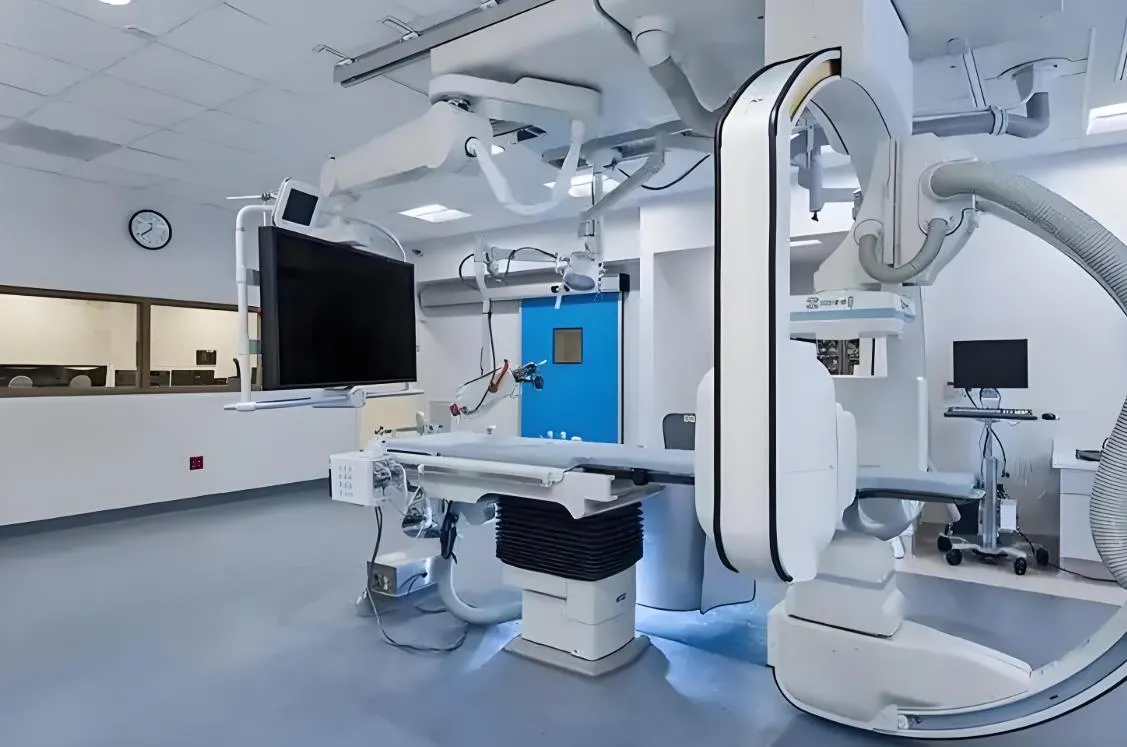The solutions of IPC in the field of medical equipment are extensive and in-depth. These solutions not only improve the performance of medical equipment, but also improve the efficiency and quality of medical services. The following are several major solutions of IPC in the field of medical equipment:

1. Medical imaging equipment
IPC plays an important role in medical imaging equipment such as X-ray, CT, MRI, ultrasound, etc. They can quickly process and analyze large amounts of data to provide doctors with high-quality images, thereby helping to diagnose diseases more accurately. This solution improves the processing speed and accuracy of medical imaging equipment and provides doctors with a more reliable basis for diagnosis.
2. Instrument monitoring and control
In medical instruments such as laboratory equipment, biochemical analyzers, and blood analyzers, IPCs realize automated control, data collection, and processing of equipment. This not only improves the accuracy of experiments and tests, but also reduces the workload of medical staff. The stability and reliability of IPC ensure that medical instruments can operate stably for a long time, providing a guarantee for the continuity of medical services.
3. Infusion pumps and injection pumps
The application of IPC in therapeutic equipment such as infusion pumps and injection pumps realizes the delivery and control of drugs. This greatly improves the treatment effect and patient safety, and reduces the medical risks caused by inaccurate drug dosage.
IV. Surgical Robot
As the core control system of the surgical robot, the industrial computer can control the surgical process. This not only reduces the risk of surgery, but also improves the success rate of surgery. The application of surgical robots makes some complex operations safer and more feasible.
V. Rehabilitation Equipment
In rehabilitation treatment equipment, the industrial computer can control the motion parameters to help patients better conduct rehabilitation training. This solution improves the pertinence and effectiveness of rehabilitation treatment and promotes the patient's rehabilitation process.
VI. Medical Information System
The application of industrial computers in medical information systems, such as electronic medical records, PACS (image storage and transmission system), HIS (hospital information system), etc., improves the management and work efficiency of medical institutions. These systems realize the centralized management and sharing of medical data, providing strong support for the coordination and optimization of medical services.
VII. Smart medical system
1. Operating room/monitoring system: The industrial computer serves as the operating room console, integrating the equipment monitoring, recording, video, data processing and other functions of the operating room, providing real-time surgical auxiliary information and optimizing the surgical process.
2. Patient bedside care: The mobile industrial computer supports bedside care, which is convenient for doctors to enter patient data, access films, medical orders, records, etc., and improves nursing efficiency and communication effects.
3. Registration/information query terminal: Set up self-service registration, information query, and medical guidance terminals in the hospital lobby to simplify the medical process, reduce waiting time, and improve patient experience.
4. Telemedicine: The industrial computer serves as a remote consultation room terminal, supporting functions such as video conferencing, remote expert consultation, teaching, and case discussion, expanding the coverage of medical resources, especially in remote areas.
5. Laboratory automation: In the laboratory information management system, the industrial computer serves as the control and data processing center to realize the automatic collection, analysis and processing of experimental data and improve research efficiency.
6. Pharmacy management: Industrial computers manage inventory, dispensing, barcode scanning and other links in the pharmacy automation system to reduce errors and improve drug management efficiency and safety.
7. Smart wearable devices: Industrial computers receive and process data from smart wearable devices as the backend, monitor patient health, conduct early warnings, analyze trends and intervene early.
VIII. Technical support and guarantee
1. High-performance processors and large memory support: ensure that the system can process large amounts of data and perform complex algorithm calculations.
2. Multiple expansion interfaces and slots: meet the connection requirements of medical equipment for various sensors, monitoring equipment and peripherals.
3. Multiple display outputs and network connections: support multi-screen display and data transmission requirements.
4. Reliability and stability: Industrial computers must have the ability to operate stably for a long time, and have dustproof, waterproof, shockproof and other characteristics to meet the requirements of the medical environment.
In summary, the solutions of industrial computers in the field of medical equipment cover multiple aspects from image processing, instrument control to medical information systems and smart medical systems. These solutions not only improve the performance of medical equipment and the efficiency of medical services, but also promote the fairness of medical resources and the intelligent development of medical services.



